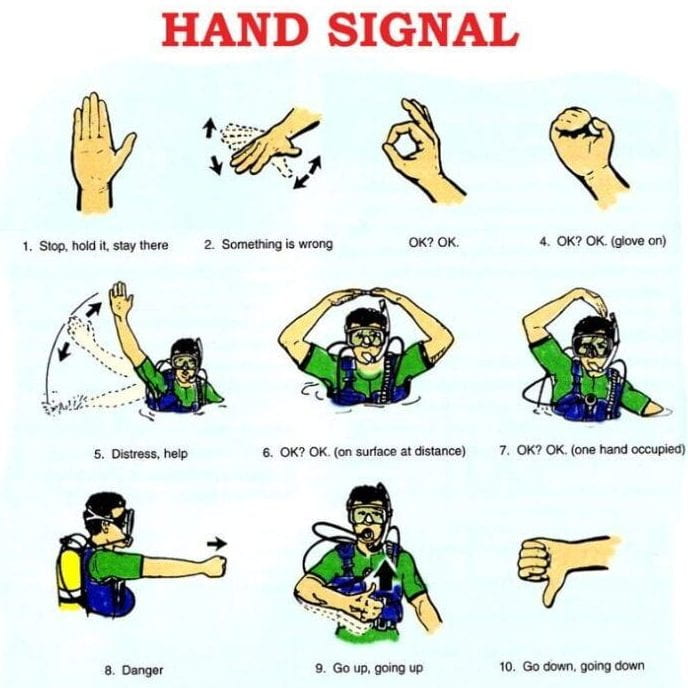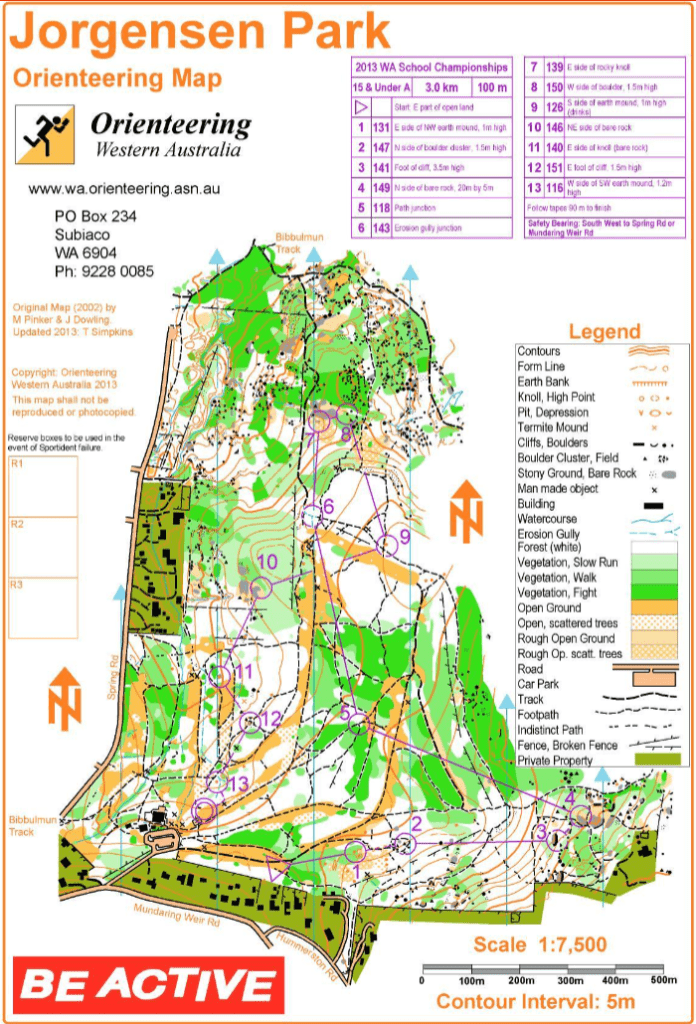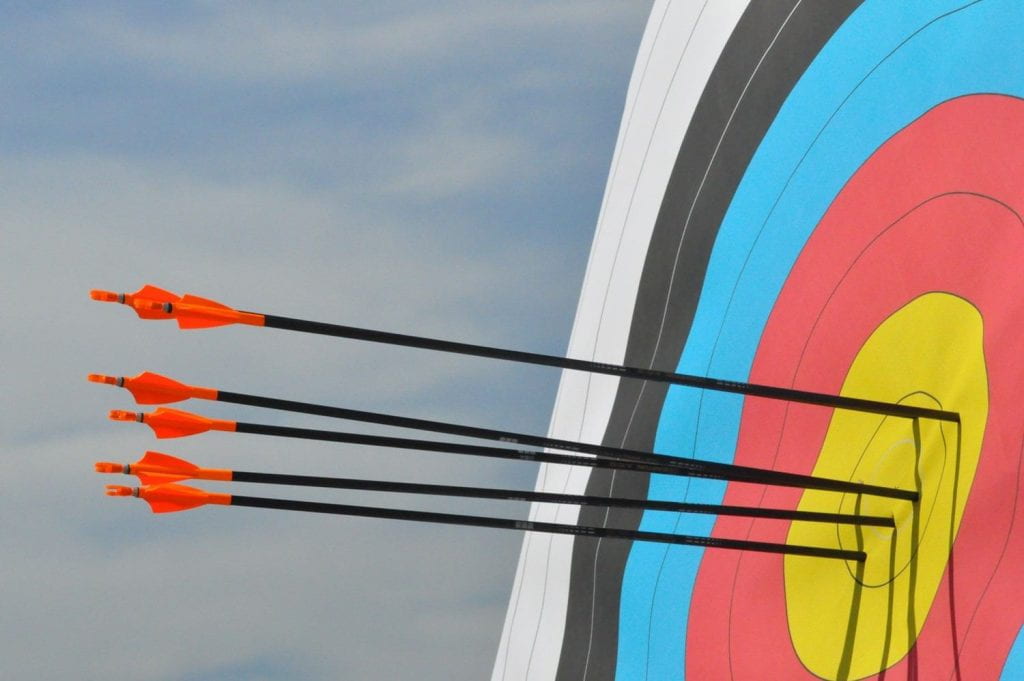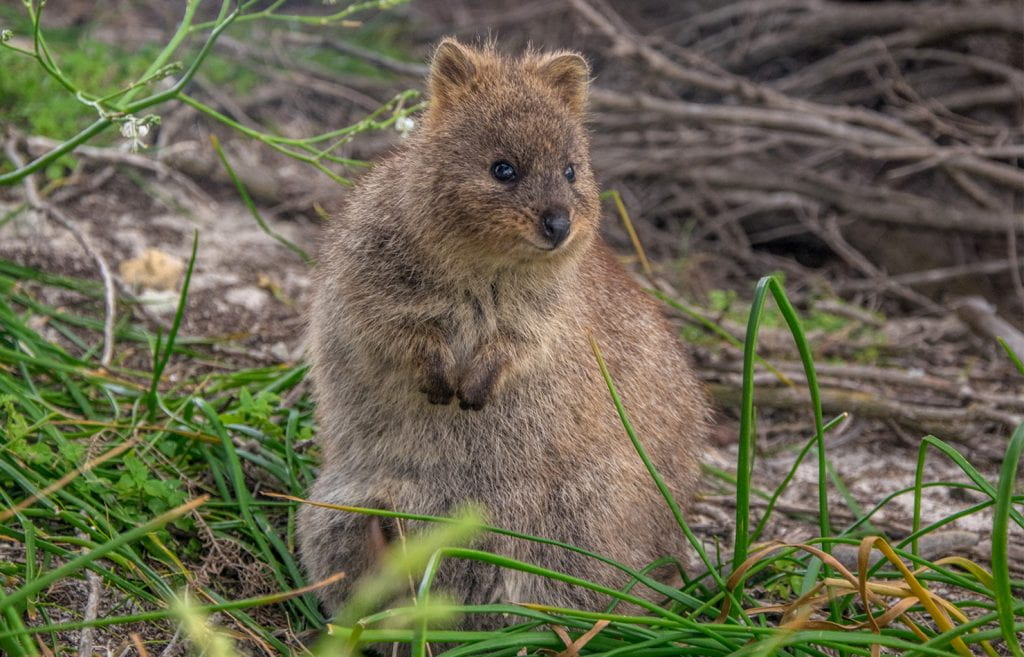As one of my electives for 2022, I chose to participate in Muir (an outdoor education subject) because I love embracing nature and learning about how to navigate in the wild. This elective involved learning and developing our snorkelling, orienteering, and archery skills over the course of the semester. Each of these activities helped me to develop important soft skills, including effective communication, collaboration, problem solving, and resilience.
snorkelling: Effective Communication

We snorkelled at Coogee and at Rottness, but also practiced our snorkelling skills in the pool. Effective communication is a vital skill for snorkelling and any water activity, as you cannot talk to others, but still have to communicate clearly to ensure everyone’s safety. We did this through hand signals. We learnt the various signals on how to communicate when we were okay, going up, going down, in danger, etc.

When we snorkelled at Coogee, it was extremely windy and the water was very rough with choppy waves. There was very low visibility in the water, and it took a lot of effort to swim out into sea before the currents would push you back to shore. Because of this, it was vital that we swam no more than 1 metre away from our snorkel partner, and constantly checked if they were okay. We also had to consistently look up from the water to assess our location and check whether our teacher was signalling to us.
On the other hand, snorkelling at Rottnest Island was much better. There was high visibility and much calmer weather. We snorkelled at Little Parakeet Bay and The Basin where we saw many more fish and marine life and it was easier to communicate with others.
While communicating while snorkelling was important, liasing with others before entering the water was also important. Information such as where to swim, who your snorkel partner is, and where to get help if needed, was conveyed to each other before snorkelling. This helped the group stick together and enjoy the trip in the safest way possible.
Orienteering: Collaboration & Problem Solving

Orienteering was a great activity in developing my collaboration and problem solving skills as we worked in teams of 4 for each of the courses. Each person in the group had a role: 2 people reading the compass bearings, and 2 people reading the map. There were two people for each role so that if one person made a mistake, the other would realise and the group would be able to double check where they were going. This avoided the group from walking in the wrong direction and then having to backtrack.
Often the bearing from one point to another couldn’t be followed directly, and alternative paths had to be taken. Some of these trails and paths were very small or hidden in the bushes and so we had to be observant and aware of our surroundings at all times. My group got lost one time, and so we problem solved by observing our surroundings in order to pinpoint where we were on the map, and using the safety bearing to provide a general direction that we should be heading towards.
In the future I would like to improve on my problem solving skills so that I feel more confident when orienteering and if I get lost, I am able to work with others to find a way out quicker.
Archery: Resilience

Archery is a sport that requires a high level of accuracy and precision with every arrow, which I unfortunately didn’t have, which is why it involved lots of resilience for me. During the first couple of weeks, we were taught the archery technique, aiming to be precise (getting all arrows near each other). Over the term, once we became more precise we worked on our accuracy towards the bullseye. As archery is a new skill to me, I wasn’t achieving the results I wanted at the beginning. However, by keeping a positive and resilient mindset, I continued to ask for tips on how to improve each week. By the end of the term, I had improved and was able to get within the inner bands of the target.
Leave No Trace
It was very important to Leave No Trace when travelling to these different locations for each activity. We did this by:

Travelling and camping on durable surfaces– We camped on the designated camping grounds in Rottnest so that the wildlife was protected and we didn’t trample on any plants. We also always walked on the paths while travelling to and from each snorkelling site.
Leaving what we found– While snorkelling we saw many unique shells and while camping we also cleared some woodchips to create a flat surface for our tent. We made sure to leave all traces of the habitat as we found it, including pushing the woodchips back where they were originally.
Disposing of waste properly– We would carry out an “Emu Bob” to remove any rubbish from the grounds. This involved everyone lining up shoulder-to-shoulder and slowly walking forward while collecting any trash in their path, then disposing it into a bin.
It is important that we continue to look after wildlife and the environment so that others can also enjoy the pleasures that nature brings.

